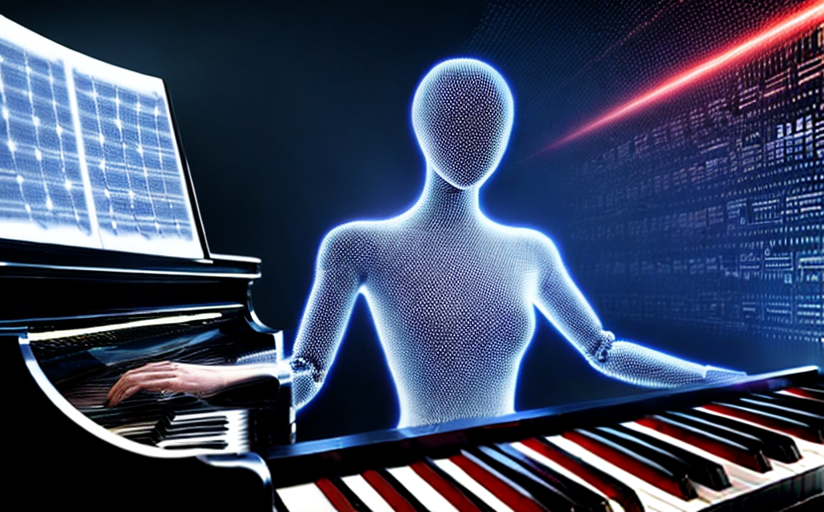AI in Music Composition - An Excursion into a Progressive World
As creativity and technological innovation continue to blend, some of the most fascinating synergies are being witnessed in the realm of music composition. The advent of sophisticated artificial intelligence (AI) technologies is revolutionizing the music industry by introducing an entirely new dynamic to the process of creating music.
The Influence of AI on Music Composition
Artificial intelligence has significantly reshaped the music composition landscape. At the interface between music and machine learning, the traditional norms associated with the construction of melodies, tunes, and symphonies are being reinvented.
Through the use of AI technologies, artists and composers can now explore and manipulate a virtually boundless array of harmonies and rhythms. This enables creators to push the boundaries of innovation and produce unique musical content that transcends traditional standards and aesthetics.
The Advent of Auto-Composition Software
One of the most transformative AI innovations in the music industry has been the introduction of auto-composition software. This advanced technology is capable of analyzing a vast range of music samples and generating unique compositions.
Featured prominently in this wave of innovation is the ability for algorithms to learn and improve over time autonomously. These methodologies – referred to as machine learning – can intuitively recognize patterns and trends within the data they analyze, thereby producing compositions that align with desired standards and styles.
The Impact of AI on Artists and Composers
AI has provided new unprecedented capabilities and opportunities for artists and composers. By automating certain elements of the music creation process, creatives are able to focus more on expressing their artistic vision and less on technicalities.
Furthermore, AI has democratized access to music composition, allowing beginner musicians and those without formal musical training to experiment, create and share their work. This has contributed to the diversification of the musical landscape and facilitated the emergence of unique forms of artistic expression.
Conclusion
The infusion of artificial intelligence into music composition represents an exciting evolution in the realm of creative expression. As our technological capabilities continue to grow and sophisticate, we can only imagine the transformative impact AI will have on music composition in the coming years.
```

















Comments
Leave a Comment